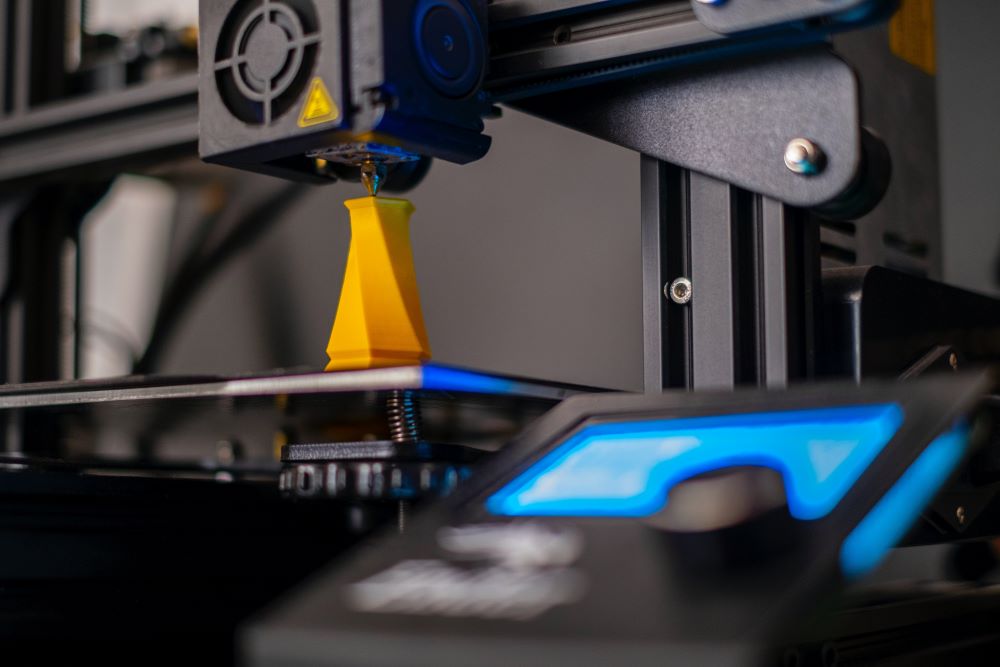TMJ Management with Botox and Occlusal Guards (aka Night Guards)
June 6, 2023

Botox and occlusal guards are two different treatments that can be used to address the symptoms of temporomandibular joint (TMJ) disorder.
Botox, also known as Botulinum Toxin, is a medication that is injected into the muscles of the jaw to relax them and reduce pain and discomfort caused by TMJ disorder. When used to treat TMJ, Botox is injected into the masseter muscle, which is the muscle that controls the jaw movement. By relaxing this muscle, Botox can help to reduce pain, headaches, and jaw tension caused by TMJ disorder. It's important to note that Botox is a temporary solution and effects last for about 3-4 months. In addition, Botox is not a cure for TMJ disorder but only a management of its symptoms.
Night guards, also known as occlusal guards, on the other hand, are dental devices that are worn at night to protect the teeth and jaw from the effects of bruxism, which is the habit of grinding or clenching the teeth during sleep. Night guards can be helpful in treating TMJ disorder because they can reduce the amount of stress and pressure placed on the jaw joint and muscles by preventing the grinding and clenching of teeth at night. Night guards are usually made of a material that conforms to the shape of the teeth and can be worn comfortably throughout the night. They are also a non-invasive treatment and can be effective in reducing symptoms of TMJ.
In summary, Botox is a medication that is injected into the jaw muscles to relax them and reduce pain and discomfort caused by TMJ disorder, while night guards are dental devices worn at night to protect the teeth and jaw from the effects of bruxism and reduce stress and pressure placed on the jaw joint and muscles.


